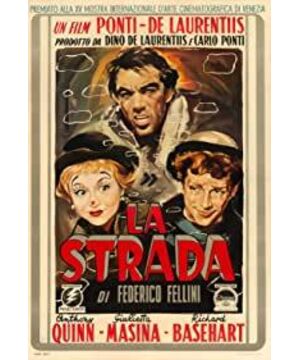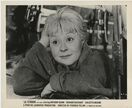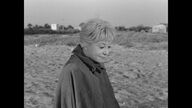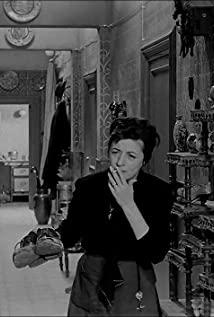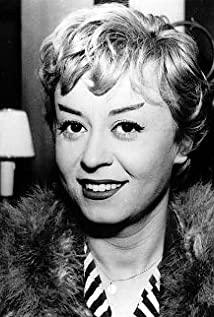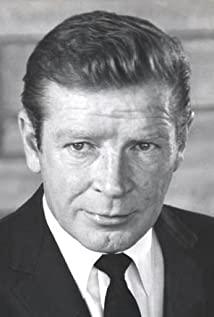The first part of Fellini's "Lonely Trilogy" begins with the life of a young girl from a poor family. If you look at it from a feminist perspective, it is inevitable to feel sad at the beginning: Jessomina was sold by her mother to a man Zambano for 10,000 lire, and the last woman the man bought was Jesso Mina's sister Rosa, who just died. The beginning of the story is so depressing, but young Jesomina seems to realize nothing, turning back to her mother and siblings and shouting, "I'm going to work, I'm sure I can do it well". But a girl who is bought by a man and follows him alone is definitely not just a work assistant - she is also the object of his physical desires. Jesomina followed Zambano all the way to make a living, living in his three-wheeled motorcycle carriage that smelled like a pigsty. She gradually got used to this kind of life and accepted that Zambano was her husband. But Zambano is a man who can't feel or think, and has nothing to do with brute force. Jasomina tried to seek a little confirmation of love from him, but he could only lead to cold eyes and beatings, and even seeing him with various colors Strange women hang out.
Jesomina also tried to escape. On the way, she also encountered the wandering artist "Fool" who walked a tightrope, but her first escape ended in violent capture by Zambano. The second happened when Zambano was arrested and imprisoned, and she hesitated whether to wait for him or follow the circus on the road. "Fool" said to her, "He loves you" and "Who else would love him like this except you." So she went to the door of the police station. For the third time, it might not be considered escape. When the nun persuaded her to stay, she just smiled and shook her head, perhaps already accepting the fate of wandering and loveless.
Giulietta's interpretation of Jesomina is so moving, she fully deduces the innocence and agility of a girl. Seeing her repeatedly confirming her love to Zambano's reckless man with wide eyes, trying to inspire him to feel and thinking, watching her being attracted to the "fool", always staring at him so intently that she forgot to follow the instructions, Watching her overflowing with crystal tears when saying goodbye to the "fool" and when she said goodbye to the nun, repeatedly made people feel pity and love.
Although the girl clown presented by Julieta is so cute, she jumps and dances, escapes and escapes, and she cannot escape the tragic fate after all. The nuns who have never known each other can sigh for Jasomina's trumpet, but Zambano, who gets along day and night, will always ignore her. Originally accepted the shortcomings of life, but happened to meet a "fool" on the way, and fate turned sharply.
Born in rags and with a heart like ice crystals, Jesomina's fate is doomed to be a tragedy. There may be bright colors among them, but they are fleeting and cannot last for a long time.
"Fool"? monastery? Neither will be her home. It's just that Zambano went mad because he accidentally killed the "fool", and was abandoned by Zambano and died alone. This ending is really cruel.
Zambano is rough and ferocious, but he's also helpless. This is true when facing Jasomina's love, and it is the same when facing Jasomina's madness. His limitations are not only limitations of being a man, but also limitations of origin and class. The tragic fates of Zambano, Jasomina, and "The Fool" were doomed from the beginning, and they could not get rid of them for the rest of their lives.
May Jasomina rest in peace and be happy in heaven.
View more about La Strada reviews


